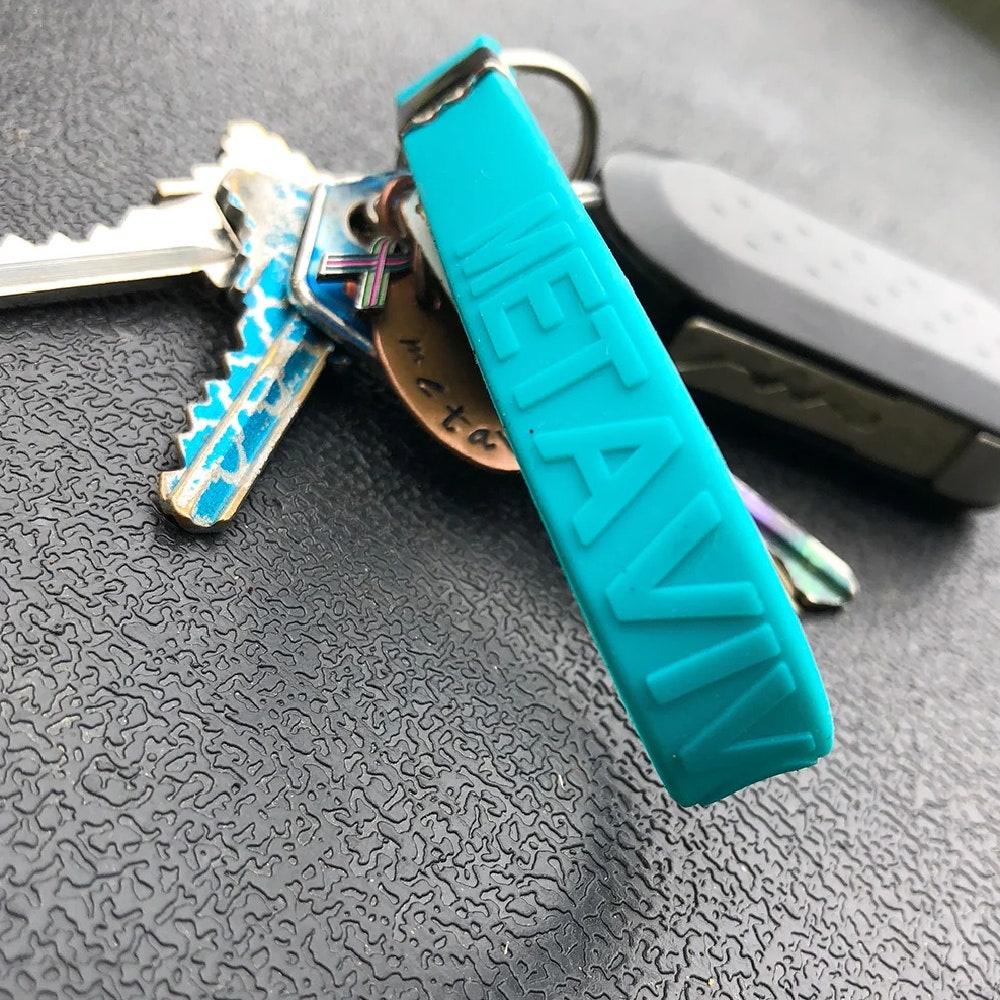
#LightUpMBC will also feature an exclusive interview with model Philecia La’Bounty, who was denied a mammogram after finding a marble-sized lump in her breast at age 30 due to her youth, bloodwork and family history; she learned months later that she had stage-four breast cancer. She’s become a powerful advocate for MBC research on social media and in the media, and shares that one of the most surreal parts has been reconciling the fact that she doesn’t feel or look the way people imagine a cancer patient would–yet cancer has indeed spread throughout her body and compromised her ability to have children. “It’s a hard thing for many MBC fighters to cope with–we may look OK, but we’re not OK. When you get diagnosed with a cancer that’s terminal, your mind automatically assumes it’s not going to work out. By donating to stage four research, you’re giving hope. This funding gives us a sense of OK, it’s going to be a fight, but maybe I do have decades left.”
The original spark for #LightUpMBC came from Laura Inahara, a New Hampshire woman who lost her best friend, Jessica Moore, to metastatic breast cancer. A varsity girls’ basketball coach, Moore had gotten elbowed in the breast while playing the game one day, and the resulting pain kept lingering. As a nurse, she knew her injury should be healing more quickly. After she visited doctors to get checked out, she found out she had metastatic breast cancer—meaning the disease had already progressed and spread to her bones, despite her having no other symptoms. She was only 32. She fought the disease for four years, passing away at age 36. “Prior to Jessica’s passing, she said she thought it would be amazing to light a landmark for MBC as a way to raise awareness,” says Inahara, who founded a group called Moore Fight Moore Strong in her friend’s honor. In October 2017, five months after Moore died, the group lit their first landmark—the Memorial Bridge in Portsmouth, New Hampshire, near Jessica’s hometown.
A working mom by day, Inahara began sitting down each night to work on expanding #LightUpMBC. Later she met Bowling, who developed the idea for a live broadcast that would greatly expand the event’s fundraising reach. “I created #LightUpMBC Live as a platform for people to see the landmarks lighting in solidarity around the world and hear stories directly from families affected by MBC. The campaign is designed to educate, inspire and raise critical funds for MBC research,” she says. Now the annual event is a major source of donations where all proceeds benefit nonprofit Metavivor, to fund research treatments that could turn stage IV breast cancer into a chronic disease instead of a deadly one. “A lot of people say we’re in a golden age for cancer research, and I couldn’t agree more,” says Nikhil Wagle, M.D., medical oncologist at Dana Farber Cancer Institute, whose research is funded in part by proceeds from this annual event. ‘We are starting to really personalize the treatment of metastatic breast cancer. It’s no longer a single diagnosis. We understand that there are different subtypes, different mutations, and we’re able to identify particular subsets of patients who would respond to a particular therapy or combination of therapies.” It’s exactly the sort of progress that Metavivor is working toward. “[Metavivor remains] the only U.S. organization dedicated to awarding annual grants for peer-reviewed research into stage IV breast cancer,” Inahara explains. “That is what it will take to find a cure and stop losing more than 43,000 lives to breast cancer each year. We feel certain that we can get more research funding so no more of our friends have to die from this disease. There is often a misconception there is a cure for breast cancer. We want to share with anyone who will listen that there is not.”
Visit Metavivor to get involved in public awareness and advocacy campaigns, fundraising, and more.
October is National Breast Cancer Awareness Month. Learn more about women living with metastatic breast cancer and their loved ones here:






